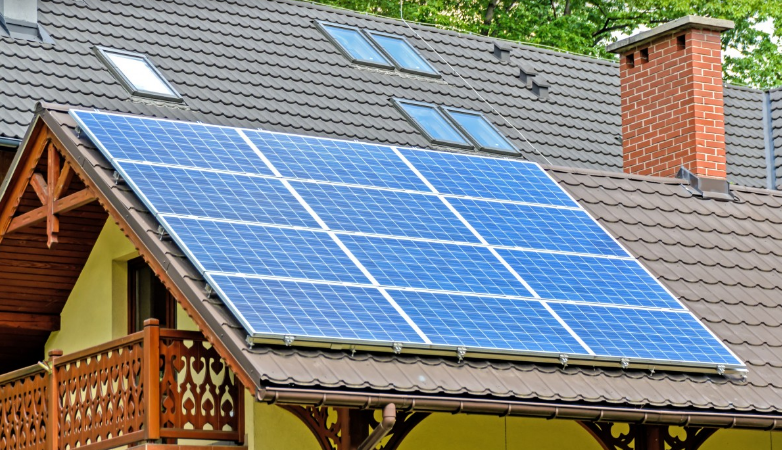
Do you know more than two million Australian households now have rooftop solar panels with a combined capacity exceeding 10 GW? Yes, solar energy in Australia is booming, and installations continue to rise. However, when it comes to solar panels, still some are sceptical as it is a significant investment and are much concerned about the solar panel efficiency. Well, if you are one among the Aussies worried about the efficiency of solar panels, this blog will help you understand better.
Are Solar Panels Worth Investing?
For those who are seeking cleaner energy sources, harnessing the power of the sun could be one of the best options. Of course, the prospect of cutting down energy bills through the latest developments in solar energy is a great idea. But the initial investment can make you think whether solar panels in Sydney is really worth investing? Well, to understand how you can be benefited from solar energy, the solar panel efficiency must be considered.
What You Need To Know About Solar Panel Efficiency
Solar panel efficiency is one of the significant factors you need to consider when shopping for solar panels. So, what is solar panel efficiency? Well, it is a measurement of solar panels’ ability to convert the sunlight into electricity that can be used. According to research, solar panels are roughly between 15% and 18% efficient. Yes, while 15% to 18% of the sunlight is converted into electricity, rest hits the solar panel and warm the surface. The higher the efficiency rating, the more sunlight the solar panel could convert into electricity. That said, there are a lot of factors that affect the solar panel efficiency.
What affects the solar panel efficiency?
Solar panel efficiency is affected by several factors, including the solar panel materials, solar panel age, and the type of solar panel.
The type of solar panel
Thermal and photovoltaic panels are the two types of solar panels. While thermal panels capture the sunlight and operate efficiently in warm climates, photovoltaic panels separate electrons with the energy from sunlight, and then the electricity is used to power the house. Photovoltaic panels are commonly used for residential solar.
Solar Panel Materials
Monocrystalline silicon, polycrystalline silicon, and multi-junction solar cells are the three major solar panel materials. Monocrystalline silicon is the more common and efficient material.
Reflection
If sunlight is reflected away from a solar panel, the efficiency of the solar panel will be reduced. That’s why the glass layer on top of the panel is important.
Average sun exposure, solar energy system design, solar plans, and regular maintenance are the other factors that influence the efficiency of your solar panels.
As you see, the solar panels you choose determine the solar panel efficiency, and it is indeed worth investing. Get help from the professionals while choosing the solar panel for your house.
If you are interested in solar panels, we got you covered. We offer the best solar panels that are sourced from the world’s leading solar panel manufacturers. Call us for more details.
Read Also:
Why is Solar Power the Logical Choice in Australia?
Know the Advantages of Rooftop Solar Panels
Tags: solar panels










 Solarpath | Solar Path NSW GPS Directions
Solarpath | Solar Path NSW GPS Directions